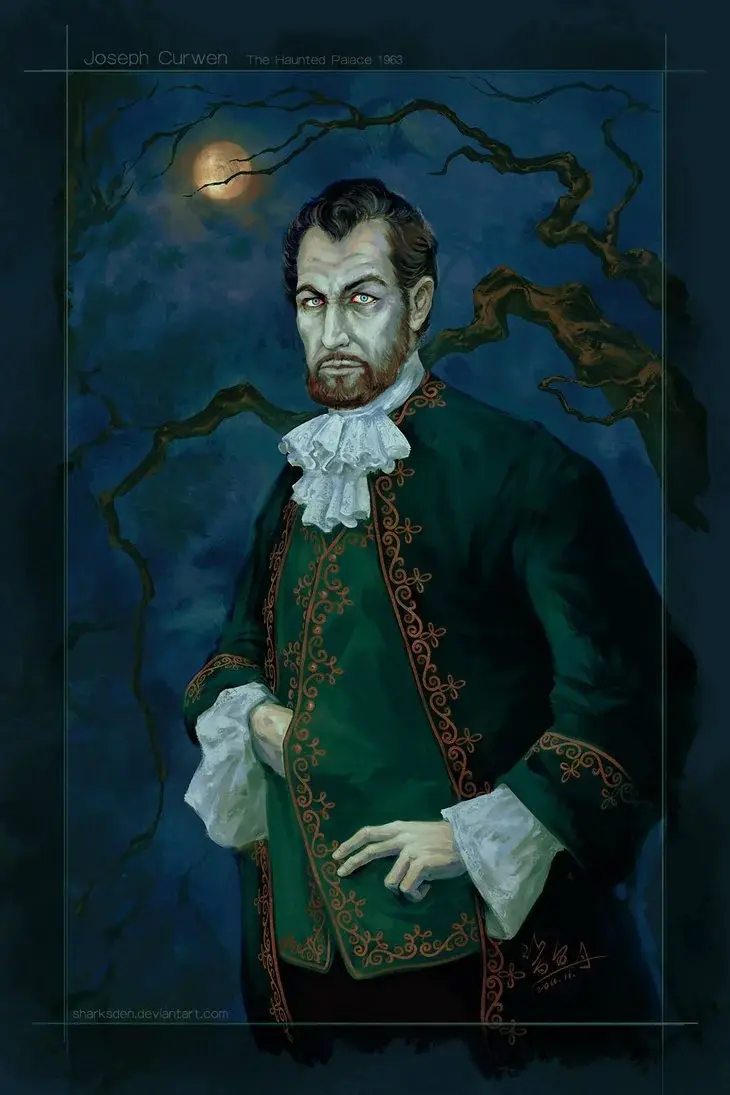this post was submitted on 21 Aug 2023
9 points (100.0% liked)
H.P. Lovecraft
4 readers
1 users here now
Community for fans of Lovecraft and Cthulhu mythos.
founded 1 year ago
MODERATORS
you are viewing a single comment's thread
view the rest of the comments
view the rest of the comments

The story opens with an excerpt attributed to Borellus. Though there are conflicting opinions on the identity of "Borellus", with one Lovecraft scholar suggesting the Italian scientist Giovanni Borelli, the most likely candidate is the French alchemist Pierre Borel. Nevertheless, the quote is misattributed to Borellus. Lovecraft got the quote from Cotton Mather's Magnalia Christi Americana. Cotton Mather, a puritan preacher who was a key figure during the Salem Witch Trials, paraphrases Borellus. The quote conjectures a purely scientific method of reviving and contacting the dead, without the need of criminal arts such as necromancy.
Part I is titled A Result and a Prologue. It details the inevitable escape of a patient - Charles Dexter Ward - from a private insane asylum near Providence, RI. The prologue also details the upbringing of the patient which instilled in him a scholarly attitude and a fascination for history. The family doctor ponders on the events leading to Ward's institutionalisation, and believes Ward's insanity to be inextricably linked to his research of a disgraced ancestor and purported necromancer, Joseph Curwen. It appears that efforts have been made to expunge all historical records of the existence of Joseph Curwen.
The prologue does a great job in establishing the premise of the story. A young man with an obsession for colonial history finds evidence of a great grandfather with links to the Salem Witch Trials. In seeking out information of this ancestor, he finds a new obsession in continuing Curwen's work and finds himself haunted by Curwen over one and a half centuries later.
This story's only connected by reference to the Dream Cycle. Though we don't see the direct reference to a Dream Cycle character in the first three parts, there is one sentence from the prologue that interests me. "Here ran innumerable little lanes with leaning, huddled houses of immense antiquity; and fascinated though he was, it was long before he dared to thread their archaic verticality for fear they would turn out a dream or a gateway to unknown terrors." While this can be shrugged off as the fantasies of a child, we have seen from numerous characters of the Dream Cycle this ability to seamlessly find oneself wandering absently from the waking world to the dreaming world simply by wandering down the right (or wrong) path. Though this may just be a childish fear to Ward, there definitely exists the danger of wandering into dream and facing the terrors that reside there; recall from last week the perilous journey of an expert dreamer in The Dream Quest of Unknown Kadath.